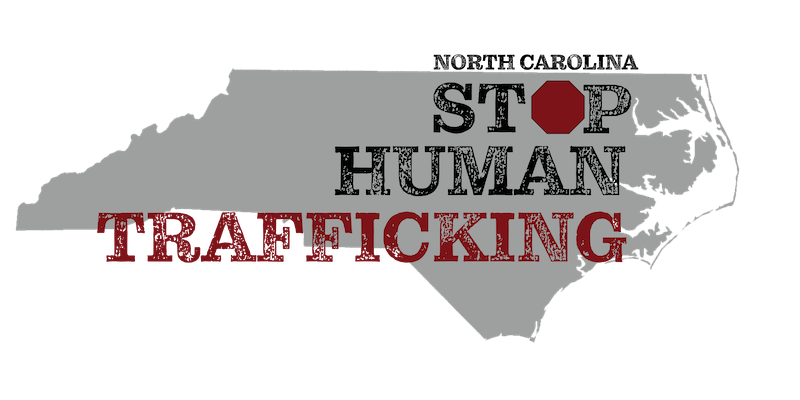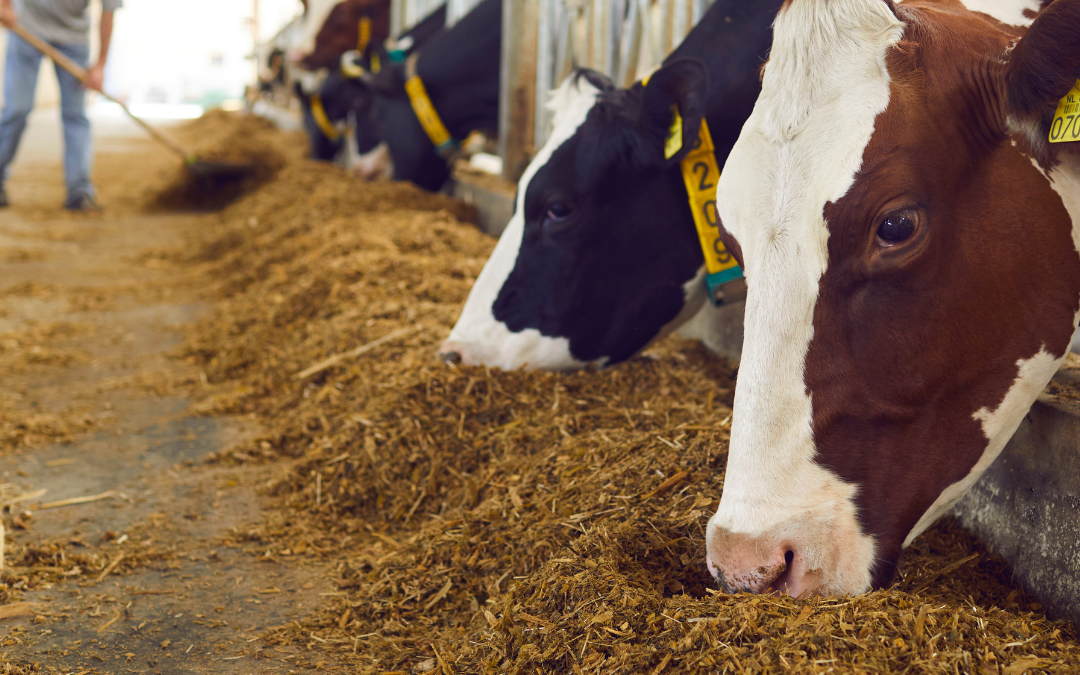We have seen countless documentaries, news stories, and reports about forced labor in the global food supply chain.
In the U.S., the government cringes at the thought of trading with other countries that condone forced labor. Recently the Department of Homeland Security announced two additional Chinese companies that the U.S. will not allow imports from due to forced labor violations.
There are many organizations — ours included — who will tell you to buy fair trade chocolate because of the egregious human rights violations in the Ghana cocoa fields.
And while we point out these human rights violations across the world, we need to be pointing them out right here, too.
A new report (“Forced Labour Risk is Pervasive in the US Land-Based Food Supply”) released in July found that 62% of total forced labor risk in land-based food supply comes from U.S. domestic production or processing.
What this means is, more than half of the U.S.’s land-based food supply (fruits, vegetables, processed fruits and vegetables, and animal-based proteins) is at a high risk for being produced and processed with forced, exploited labor.
For us to be the land of the free, this report shines a light on the fact that maybe we don’t offer that freedom to everyone.
Forced labor (which is labor trafficking) is when a person is coerced to work through violence, intimidation, debt bondage, and threats. And some may wonder, how could this be in the United States, when there are laws and regulations around labor?
Read “An Open Letter: How Much Is A Childhood Worth”
Frankly, agricultural laborers are rarely protected, and when we add in the flawed H2A guest worker program and the U.S.’s history of labor abuses, it comes as little surprise that we are still grappling with the prevalence of forced labor to such an extent.
A Flawed Program
The H2A guest worker visa program invites workers to come to the U.S. to work in the agricultural industry. This system, designed to ensure the agricultural industry has enough workers to harvest the fields and care for livestock, was created in good faith.
However, in practice, the guest workers who come to the U.S. are tied to the company or labor contractor, and if they are being exploited or are involved in a labor trafficking scheme, they cannot leave the situation.
In these types of labor trafficking schemes, they don’t have their documents or anywhere else to go. And should they leave in spite of all those barriers, they will become undocumented and subject to immigration detention.
It is important to note, not every H2A guest worker is being exploited, but the risks remain high when the system is so flawed. It gives room for bad actors to come in and exploit workers.
A Long Violent History
The U.S.’s agricultural industry was born in the dark, bloody history of chattel slavery. Forced labor in agriculture now is a continuation of that history, though evolving into what is not chattel slavery, but debt bondage, threats of violence and capitalization of vulnerabilities. From the beginning, the U.S. has been over reliant on labor exploitation to fuel the agricultural industry, and to this day, it appears it is still dependent on forced labor.
— Melinda Sampson, COO, NC Stop Human Trafficking, can be reached by email at melinda@encstophumantrafficking.org
Fight Forced Labor In the U.S.
Fair Food Program
By harnessing the power of consumer demand, the Fair Food Program gives farmworkers a meaningful voice in the decisions that affect their lives, and prevents the longstanding abuses that have plagued agriculture for generations. Find out why there is hope on the horizon for America’s farmworkers.
POLARIS: Urge Transparency in Congress for Guest Workers
In December of 2021, Georgia law enforcement announced criminal indictments for a labor trafficking scheme where workers from Mexico were brought to the U.S. for what they thought were decent, legal, jobs, then forced to dig up onions with their bare hands for 20 cents a bucket.
The fact that this “Operation Blooming Onion” is holding traffickers accountable is good news. The fact that this kind of abuse has gone on for years under the noses of our government is not.
Tell Congress. Transparency helps prevent trafficking.
The workers abused in Georgia came here on a program that allows U.S. businesses to contract with workers from overseas for a set period of time to come here and do jobs they say they can’t fill with people already in this country.
Support NC Stop Human Trafficking
NC Stop Human Trafficking advocates for policy change that include improving worker rights and urging Congress to implement more transparency in the guest worker visa program. We also introduce fair trade products into the local markets. You can support our work through a donation, by clicking here. To learn more about Fair Traders Project, click here.

